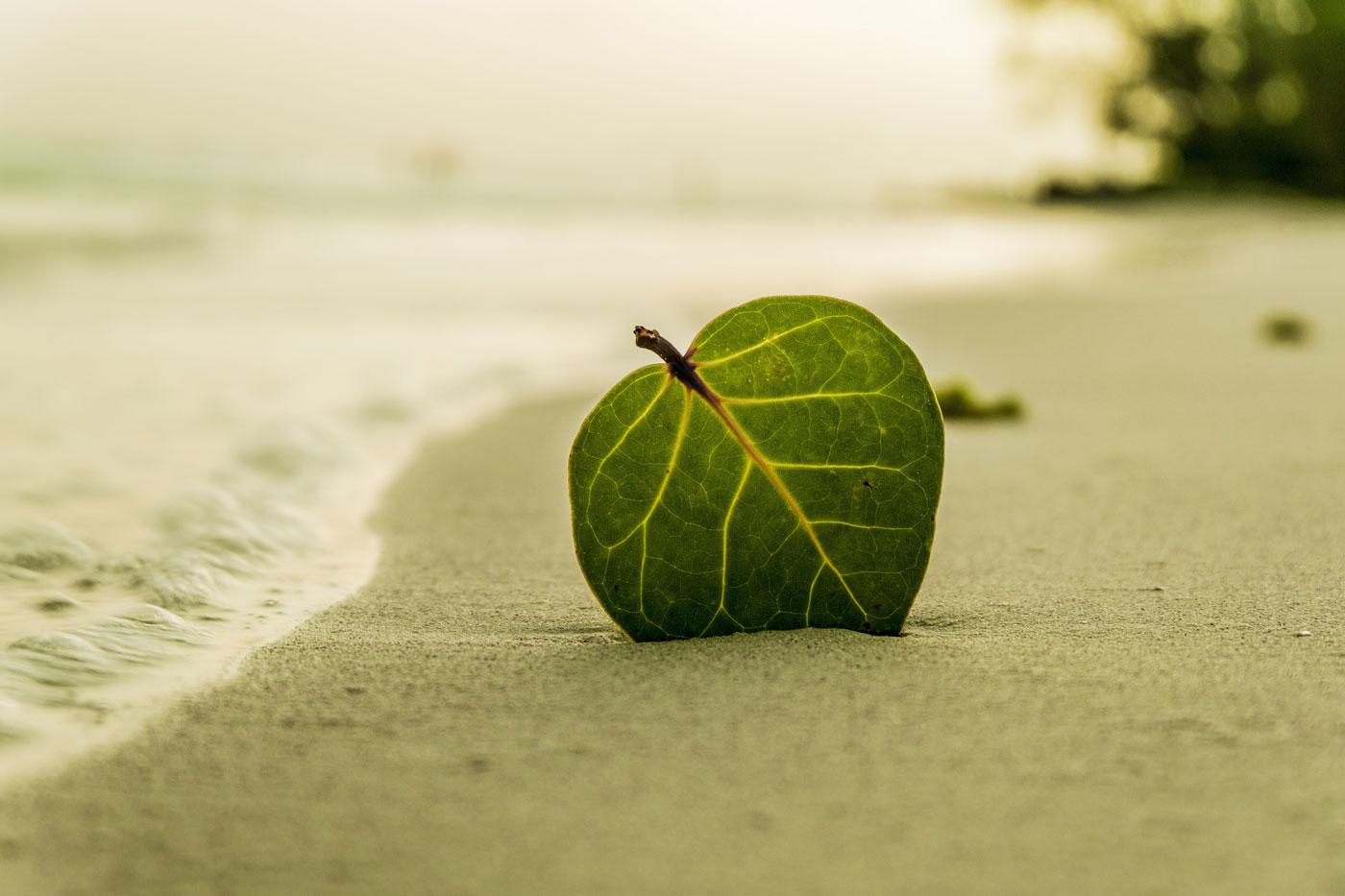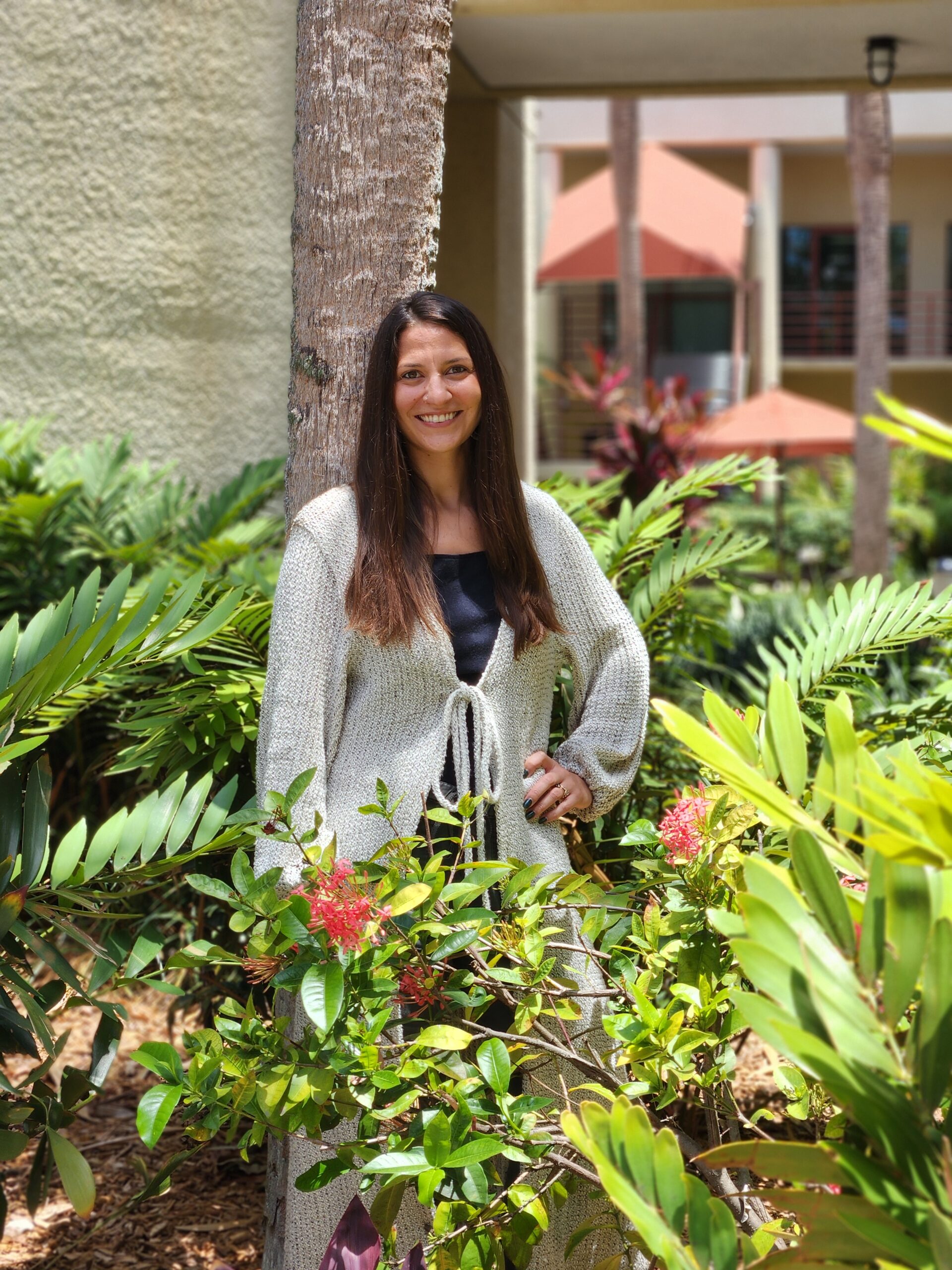
What is Ecotherapy?
Reconnecting with Nature for Mental, Physical, and Spiritual Healing through Ecotherapy
As human beings, we are Nature. Ecotherapy is founded on the assumption that humans are not separate from the natural world, but very much a part of the interconnected web of all living beings on planet Earth. Yet this concept can be easy to forget in the midst of the modern world as most of us spend our days moving from building to building overlooking the rich natural world that surrounds us each day. Yet this Natural world is bursting with the potential for healing our mental, physical, and spiritual health…if only we could remember to pay attention.
Ecotherapy aims to address this separation through the practice of re-connection. The more we tend to our relationship with Nature, we are tending to our relationship with ourselves. In fact, this connection can be traced all the way down to our shared ancestral DNA. E.O. Wilson’s biophilia hypothesis suggests that human beings are inherently wired to affiliate and connect with all forms of life, as it has been evolutionarily favorable in terms of our survival.
Reminding ourselves of the interconnectedness of all living beings also helps us care for the human relationships in our lives, meeting our inextricable need for community. And for some people, our connection to Nature is rooted in something spiritual or transcendent. Nature helps us contemplate larger concepts of meaning such as the life cycle or what it could mean to be just a small human standing in front of a vast ocean or mountain range.
Exploring the Healing Benefits of Ecotherapy: A Collaborative Journey with Nature
Incorporating nature into therapy sessions is an exploratory and collaborative process between the therapist and client. Ecotherapy expands upon one’s connection to Nature as a tool for mindful connection to the self and can often take shape in creative and experiential ways including artwork, ritual, play, movement, etc. The benefits of connecting to the Natural world are vast and most likely something we have experienced before. To name just a few, this connection can promote mindfulness, reduce stress levels, restore important cognitive functions such as memory and attention, invoke positive feelings leading to improved mood and overall wellbeing, etc. An Ecotherapist can help us welcome Nature into our lives in a way that not only improves our health, but also creates meaning.
And the best part? Nature can be found everywhere! Whether it’s through the walk to our local park on our lunch break or through tending to the houseplants above our kitchen sink, the ways in which we can incorporate Nature into your daily life are endless. If these simple actions can have a positive impact for us, imagine what they could do for our planet on a large scale.
What if we began to not only appreciate the Nature that surrounds us, but chose to protect it as well, engaging in more eco-friendly and sustainable behaviors. The field of Ecopsychology was originally born out of the intentional collaboration between the fields of Ecology, Environmental Sociology, and Psychology, each recognizing the inherent value of the human-nature relationship in times of environmental crisis and turmoil. This relationship becomes a foundational place to start on the path of healing, not only for ourselves and each other, but for all life on this wild and beautiful Earth. Healing ourselves means healing the planet.

Written by:
Ecotherapist, Adult Psychotherapist, Registered Mental Health Counseling Intern

